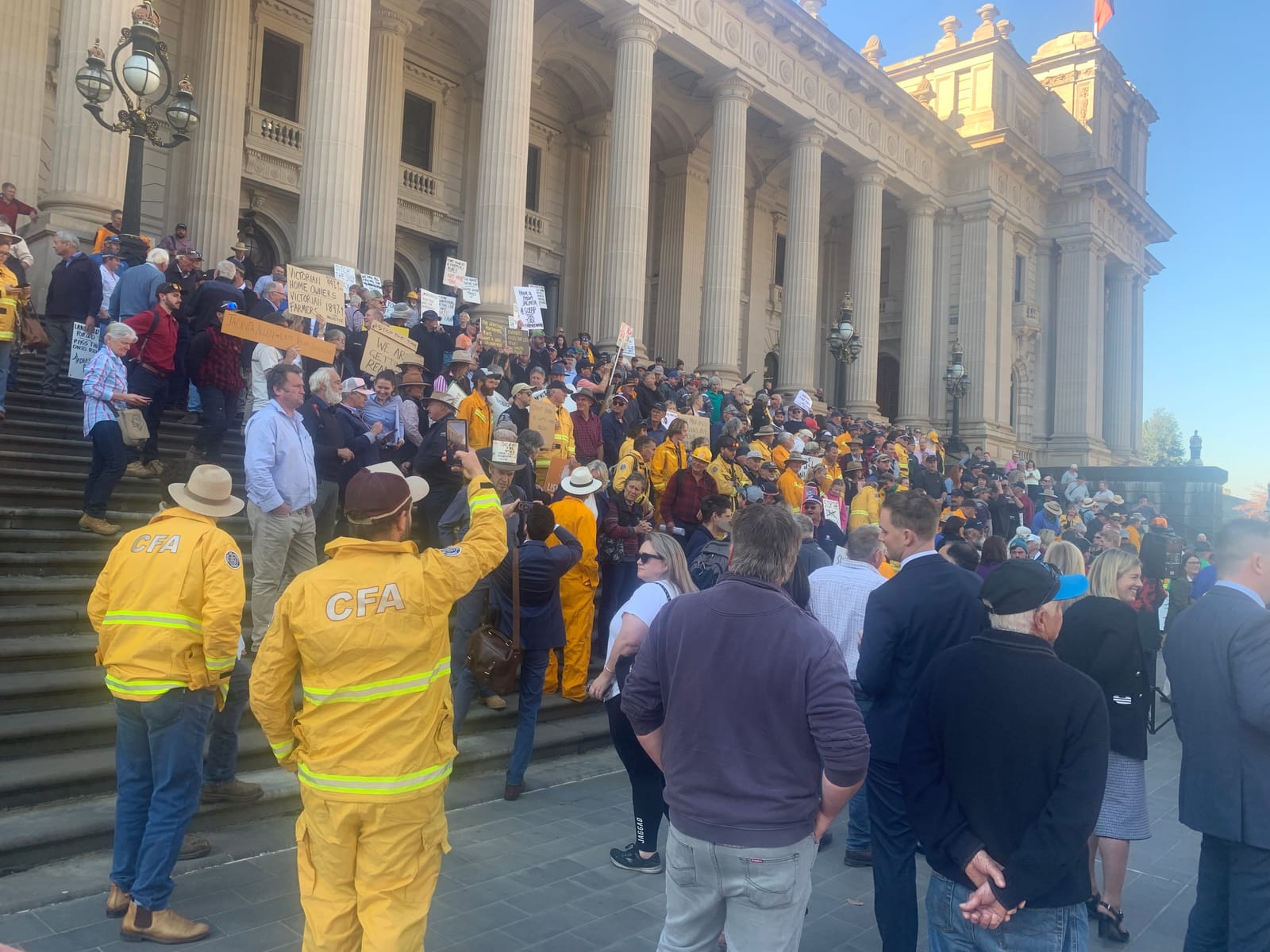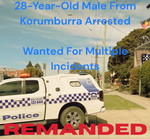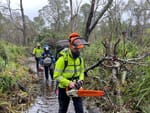Farmers, volunteers, and local councils across regional Victoria are up in arms after the state government passed its controversial Emergency Services and Volunteers Fund (ESVF) on 13 May. While the new fund is designed to boost critical emergency response services, many fear the cost will fall hardest on rural ratepayers.
It comes as hundreds of farmers, CFA volunteers, local government councillors including South Gippsland’s Cr Nathan Hersey and Cr Meg Edwards, and state MPs including Danny O’Brien, Melina Bath, and Chris Crewther gathered at the steps of parliament to rally against the new Emergency Services Volunteers Fund (ESVF) on 13 May, and in greater numbers on 20 May.
Placards and banners with slogans opposing the tax declared, “We fight fires, Labor burns us”, “Stop torching rural communities”, “Say no to new levy” and “Scrap the tax,” which was also chanted by the protesters.
Member for South Gippsland and Leaders of the Nationals for Regional Victoria, Danny O’Brien, Victorian Farming Federation (VFF) President Brett Hoskings, and Andrew Weidemann spoke, expressing their opposition to the tax.

Many attendees argued that the Emergency Services and Volunteers Fund fails to honour volunteers, describing it instead as a tax on community spirit and a desperate cash-grab disguised as a support fund for volunteers. This new tax also ignores those volunteering with Life Saving Victoria and the Australian Volunteer Coast Guard.
The tax has encouraged many CFA stations to go offline due to reduced personnel from volunteers resigning, putting many Victorians at higher risk if an incident occurs.
Opponents also argued that this new tax unfairly impacts farmers. The median levy for primary producers is projected to rise from $621 to $1,299 per property assessment - a 109% increase. Some farmers have reported potential increases by up to 400%.
The fund, replacing the previous Fire Services Levy, is intended to support the SES, fire services, the State Control Centre, and triple-0. However, it will now be collected via local council rates notices—effectively turning councils into tax collectors.
South Gippsland Shire Council is among those voicing strong opposition. “Late last night, the Victorian Government passed its controversial Emergency Services and Volunteers Fund following last-minute deals with crossbench MPs,” said South Gippsland Mayor Cr John Schelling on 16 May.
“This new fund – or tax, as it should rightly be called – will unfairly impact regional Victoria, particularly our farmers, who will bear a disproportionate share of the tax burden.”
While acknowledging the vital role of emergency services, Cr Schelling criticised the funding model.
“Let me be clear: South Gippsland Shire Council strongly supports our emergency services. We recognise the vital role they play in keeping communities safe. However, we do not support a funding model that unfairly targets country Victorians,” he said. “Rather than shifting costs onto ratepayers, the Victorian Government should prioritise its spending and fund emergency services through consolidated revenue.”
Even with the government’s reduction in the farm differential from 189% to 150%, Cr Schelling said it was “cold comfort” for farmers already doing it tough.
Farmers and volunteers have echoed this sentiment. James Kirkpatrick, a farmer near Beaufort and SES volunteer, expressed deep frustration to the ABC News.
“It’s been dry since April last year. Our canola is germinating, but it really needs a drink,” he said. “There could be farmers at the end of their profit and loss reports who may be in the red between $50,000 to $200,000. Why should farmers be so disproportionately forced to pay for something that benefits everyone?”
However, some within emergency services have welcomed the new fund. Michael Bagnall, SES unit controller, spoke to the ABC News, and said it would bring desperately needed stability to volunteer-run services.
“We’ve never had a capital works program budget. Everything has to be applied for and granted,” Bagnall said. “This levy will allow $30 million over four years for training for volunteers … twice as much money for equipment upgrades and vehicles.”
Others in the sector believe the levy is a long-overdue reform. The Victoria State Emergency Service Association described the fund as a “generational moment” and a step toward equitable and sustainable emergency service funding.
Supporters argue the levy modernises a broken system and brings Victoria in line with other states that fund emergency services through levies or charges on property owners. “An emergency services levy, which is similar to what every other state has, is the most equitable and sustainable way that we can see an increase in funding,” Bagnall added.
In recognition of the strain on primary producers, South Gippsland Shire Council has proposed lowering its farm rate differential from 70% to 65% in its draft budget, in a bid to soften the blow.
Despite this, concern remains widespread across regional Victoria. “This new tax may be well-intentioned,” Mayor Schelling concluded, “but for country Victoria, it’s yet another blow. We deserve better.”
Luke Hannigan






